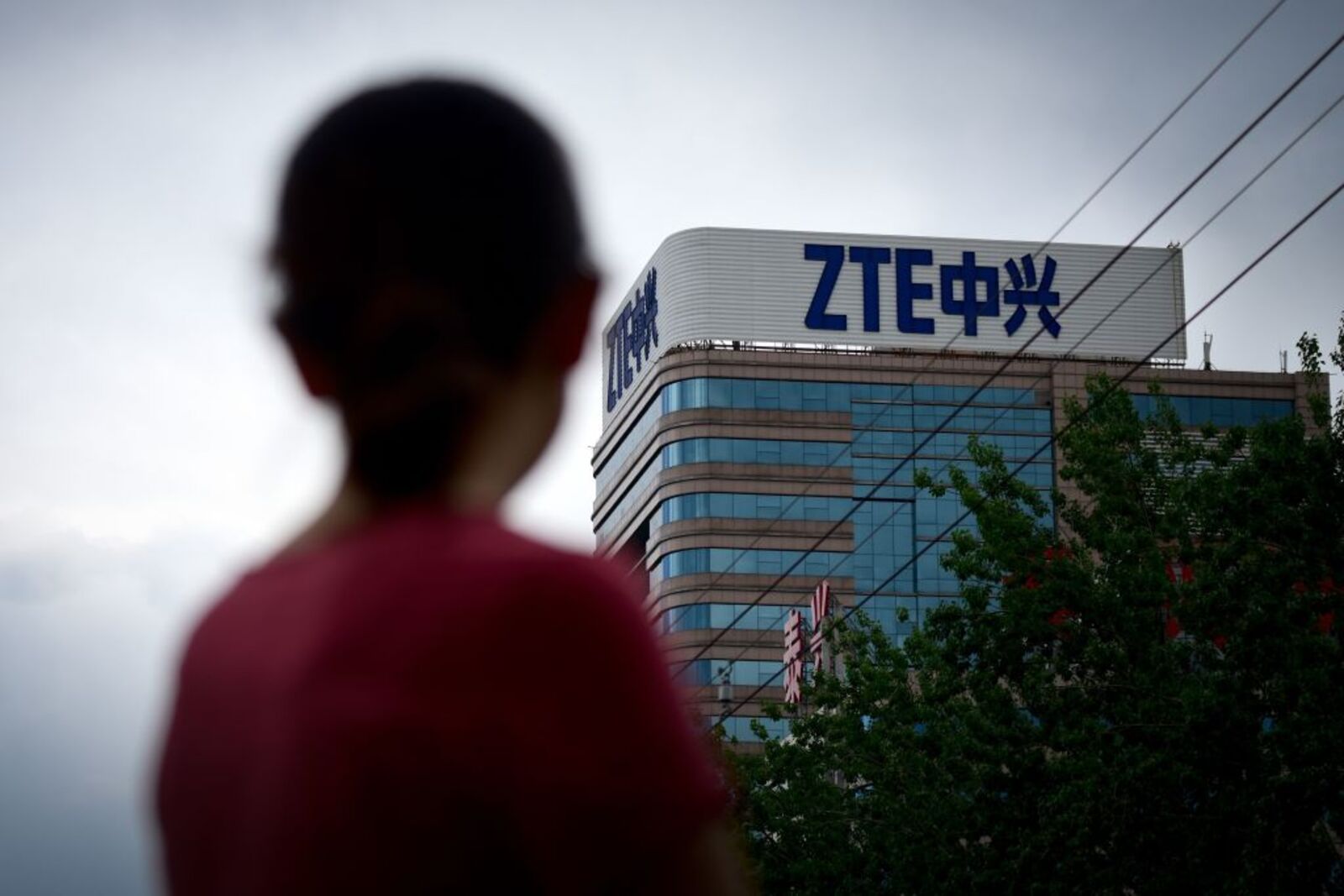By Edward Wong

Secretary of State Mike Pompeo said he had raised the issue of human rights “in multiple conversations” with his Chinese counterpart.
WASHINGTON — Secretary of State Mike Pompeo avoided saying on Sunday whether the Trump administration would impose targeted sanctions on China over mass detentions of Muslims, in another sign of the administration’s paralysis on the issue.
Mr. Pompeo was asked on CBS News’s “Face the Nation” about whether the administration might punish Chinese officials for the detention of hundreds of thousands to millions of ethnic minority Muslims in camps in East Turkestan, a vast region in northwest China.
The New York Times reported on Saturday that after months of debate, American officials had shelved proposed targeted sanctions for fear of jeopardizing continuing trade talks, and are unwilling to raise the issue in the talks.
When pressed on CBS on the matter, Mr. Pompeo said he had raised the issue of human rights “in multiple conversations” with Wang Yi, the Chinese foreign minister, and other officials.
But he did not answer a question about any potential move on sanctions.
Mr. Pompeo has criticized the camps and said last week on Fox News that their use was “reminiscent of the 1930s.”
Mr. Pompeo has criticized the camps and said last week on Fox News that their use was “reminiscent of the 1930s.”
But the State Department has been unsuccessful in pushing through proposed sanctions.
Last fall, American officials drew up a policy to impose sanctions on specific Chinese officials and companies over the camps, with a legal basis in the Global Magnitsky Act, but the policy failed to get through an interagency review process.
While the State Department and the White House National Security Council approved the action, the Treasury Department voiced concerns about the effect on trade talks, according to American officials.
While the State Department and the White House National Security Council approved the action, the Treasury Department voiced concerns about the effect on trade talks, according to American officials.
Treasury Secretary Steven Mnuchin has generally been a proponent of reinforcing strong business ties with China.
Trade negotiators for the two sides are meeting this week in Washington and could conclude the talks. On Sunday, President Trump threatened to ramp up tariffs, a move that appeared to be aimed at forcing China to agree quickly to a deal.
In defending the administration’s approach to China, Mr. Pompeo said on Sunday that Trump had pushed back against China’s “enormous trade abuses” and was working to end intellectual property theft and forced technology transfer by Chinese companies and the government.
However, as the trade talks continue, it has become clear that the end result will not address critical issues like China’s cybertheft, state subsidies and regulations on trade in data.
Trade negotiators for the two sides are meeting this week in Washington and could conclude the talks. On Sunday, President Trump threatened to ramp up tariffs, a move that appeared to be aimed at forcing China to agree quickly to a deal.
In defending the administration’s approach to China, Mr. Pompeo said on Sunday that Trump had pushed back against China’s “enormous trade abuses” and was working to end intellectual property theft and forced technology transfer by Chinese companies and the government.
However, as the trade talks continue, it has become clear that the end result will not address critical issues like China’s cybertheft, state subsidies and regulations on trade in data.
Economists say the trade deficit, which Trump is focused on, is not nearly as important as those other issues.
On the issue of China’s detention of Muslims, who are mostly Turkic-speaking ethnic Uighurs, Democratic and Republican members of Congress have expressed frustration at the lack of sanctions from the Trump administration.
On the issue of China’s detention of Muslims, who are mostly Turkic-speaking ethnic Uighurs, Democratic and Republican members of Congress have expressed frustration at the lack of sanctions from the Trump administration.
They have been pushing since last year for economic penalties on senior officials, including Chen Quanguo, a Politburo member who is party chief of East Turkestan.
On Friday, Senator Marco Rubio, Republican of Florida, told The Times that “words alone are not enough.”
The host of “Face the Nation,” Margaret Brennan, also pressed Mr. Pompeo on Sunday on why the State Department and the Pentagon had different estimates of the number of detainees and used different labels for the camps.
The host of “Face the Nation,” Margaret Brennan, also pressed Mr. Pompeo on Sunday on why the State Department and the Pentagon had different estimates of the number of detainees and used different labels for the camps.
Mr. Pompeo has said the detention centers are “re-education camps” that hold up to one million people.
On Friday, Randall G. Schriver, an assistant secretary of defense, told reporters that he considered the centers to be “concentration camps” that held “at least a million but likely closer to three million citizens.”
It was by far the largest estimate from any official on the number of detainees.
It was by far the largest estimate from any official on the number of detainees.
Human rights groups have generally said the number is hundreds of thousands to more than one million.
Despite the obvious difference in estimates, Mr. Pompeo said there was no gap between the State and Defense Departments on their assessments.
“Don’t play ticky-tack,” he said.
Despite the obvious difference in estimates, Mr. Pompeo said there was no gap between the State and Defense Departments on their assessments.
“Don’t play ticky-tack,” he said.
“There’s no discrepancy.”

 ZTE is a double offender.
ZTE is a double offender. 